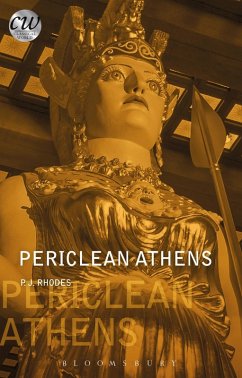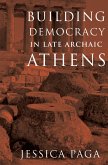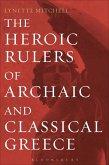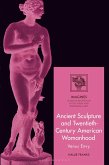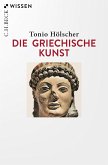In the second and third quarters of the fifth century BC, when Athens became both politically and culturally dominant in the Greek world, Pericles was the leading figure in the city's public life. At this time Athens developed an empire of a kind which no Greek city had had before, and its politics were reshaped by the new institution of democracy.
These changes inspired religious developments, while the sophists revolutionised philosophy, analysed human affairs in human terms, and Athenian tragedy became the principal Greek poetic form. This volume's illustrations further show the numerous artistic and sculptural developments in Pericles' time, as the building programmes attracted architects, builders and sculptors to Athens, and Athenian red-figure pottery reached new heights of skill in the scenes painted on it.
This concise and accessible introduction guides students through the key aspects of this most-studied period of ancient Greek history, focusing on the major developments, political and cultural, that took place in Pericles' time.
These changes inspired religious developments, while the sophists revolutionised philosophy, analysed human affairs in human terms, and Athenian tragedy became the principal Greek poetic form. This volume's illustrations further show the numerous artistic and sculptural developments in Pericles' time, as the building programmes attracted architects, builders and sculptors to Athens, and Athenian red-figure pottery reached new heights of skill in the scenes painted on it.
This concise and accessible introduction guides students through the key aspects of this most-studied period of ancient Greek history, focusing on the major developments, political and cultural, that took place in Pericles' time.

